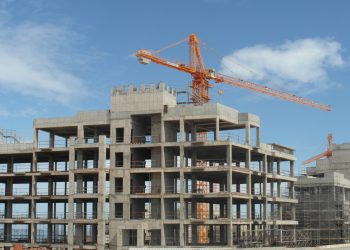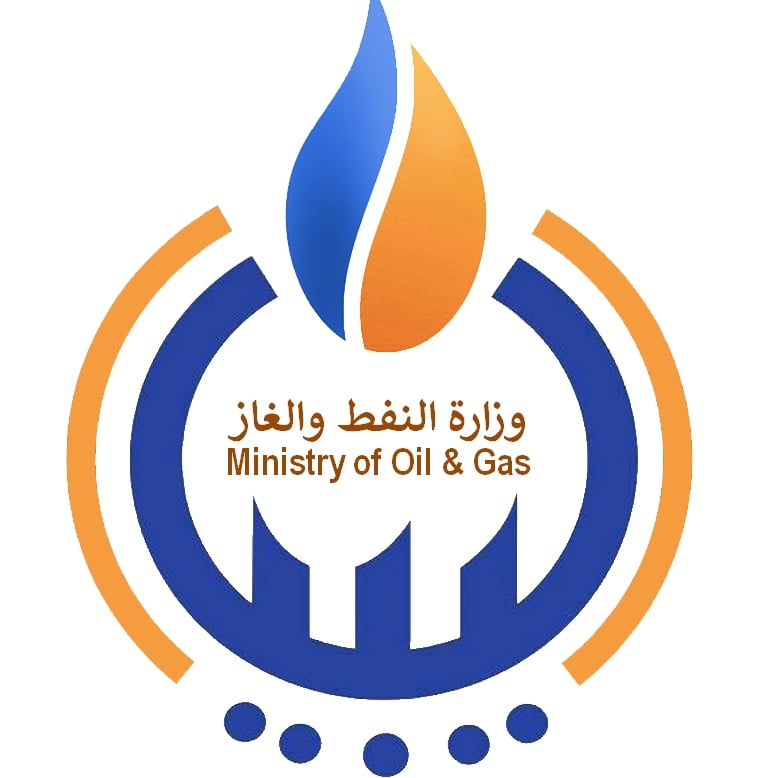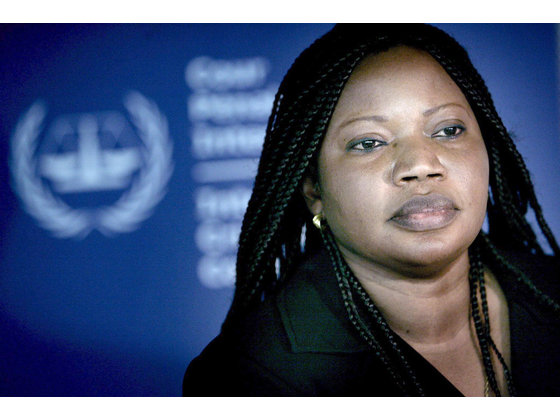By Valerie Stocker.

Tripoli, 10 November:
When the Libyan Revolution began in February 2011, foreign companies were faced with the difficult task of . . .[restrict]pulling out foreign staff, while providing assistance and some degree of employment continuity for their local employees.
The comprehensive efforts made by oil major Wintershall in this regard been honoured by the International German PR Award 2012 at this year’s ceremony in the German city of Wiesbaden on 2 November. The German company received the ‘Best Change, Conflict and Crisis Communications’ award.
Wintershall – subsidiary of the BASF Group and Germany’s leading internationally active oil and gas producer – has been working in Libya for over half a century. It operates several onshore concessions in the southern Sirte Basin and is production partner on the Al Jurf field off the Libyan coast. The company is heavily reliant on its Libyan operations, achieving 70 per cent of its oil and gas production in this country. With investments of more than two billion US dollars and over 150 wells it is also one of the main players in the Libyan oil and gas industry.
During the war, Wintershall’s 370 local staff, many of whom are stationed in desert, were exposed to considerable danger.
Immediately after fighting began Wintershall not only set up a crisis team and a hotline for staff and relatives but also launched a comprehensive range of aid measures, including support to the emergency aid provided by the Red Crescent, International Red Cross and Save the Children, as well as an airlift that enabled critically injured war casualties to be treated in Germany. The airlift was undertaken jointly with German gas exploration and production company RWE.
“We provided our colleagues in Libya with quick and targeted help. But not just that, we also assumed responsibility by providing humanitarian aid […]”, says Michael Sasse, head of corporate communications at Wintershall.
“The challenge was not only to keep our staff safe and continuously updated, but also to ensure for instance that wages would be paid to our employees in remote desert areas, even through the months of war when Libya was divided between a liberated zone and territory still controlled by regime forces”, recalls Wintershall country manager Uwe Salge, speaking to the Libya Herald.
At the time the company had about 100 local staff in oases adjacent to the oilfields in which they operate. “Although oil and gas production had been suspended in February, employees continued conducting maintenance and protecting company assets with extraordinary bravery”, recounts Salge.
“Most oil workers come from the surrounding areas and their ties with the oasis communities are strong. Sometimes they would take the mobile power generators from the company facilities and use them to provide electricity for the local population.”
According to Wintershall representatives, their successful crisis communication and coordination efforts have positively affected both internal and external relations. Press spokesman Stefan Leunig explains: “In particular, the internal communication led to increased motivation and identification with the company. For example, we were able to restart oil production in the Libyan Desert immediately after fighting ceased in October 2011.
“Our successful communications have enabled us to establish a firm place in the new Libya”, adds head of corporate communications Michael Sasse, as quoted by the press statement.
Confirming this statement, the country manager thinks that the experience of working together in an emergency situation has brought Wintershall staff closer together and strengthened employees’ loyalty towards the company.
At the same time, he emphasises, Wintershall had always worked closely with the local communities and its wartime strategy can be seen as a continuation of the company’s general approach.
In some respects, however, Uwe Salge does see changes that the revolution has brought to the way the company operates. The previous regime did not, for instance, encourage close ties between foreign companies and remote oasis communities, he thinks.
Local decision-makers are now less restrained by outside pressure than they used to be. According to the country manager, greater willingness by Libyan employees to take responsibility manifests itself not only on the field but also in corporate management. Five Libyan nationals – two of them women – now occupy senior management positions formerly held by expats.
In business terms, Wintershall has not yet fully recovered from last year’s events, with production levels currently hovering around 80,000 barrels per day, down from the 100,000 barrels it was pumping before it suspended operations.
The reason is not extraction capacity but midstream infrastructure: earlier this year, Wintershall began building a new pipeline to connect fields its concessions on of Nafura with the Amal field from which oil is pumped to the Ras Lanuf export terminal. The project is being carried out in cooperation with the National Oil Corporation and NOC-subsidiary AGOCO. Last October, Wintershall was among the first international oil companies to resume operations. So far, it has brought back around 50 international staff.
The International German PR Award is considered to be the most prestigious PR award in the German-speaking world. With this prize, the Deutsche Public Relations Gesellschaft (DPRG), the F.A.Z.-Institut and further partners honour excellence in communications management. [/restrict]









